detail profile gy c3 b6rgy k c3 bcrthy
Peran Yang Di Mainkan György Kürthy
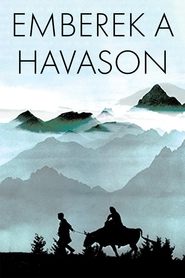 A simple religious Hungarian woodcutter lives...
A simple religious Hungarian woodcutter lives...People of the Mountains 1942
A simple, religious Hungarian woodcutter lives with his wife and boy child with a small community of squatters among the peaceful mountains of Transylvania until a lumber company claims their land and forces them all to become company workers or else leave the land. This 1942 Hungarian film takes a detailed and unflinching look at the hardships of mountain living, and the realistic approach proved influential to the Neorealist movement in Italian cinema. Hungarian master director Istvan Szots won the Biennale Cup at the Venice Film Festival for his auspicious debut, but the film was banned by the Nazis as "too Catholic" and not publicly exhibited until after World War II.
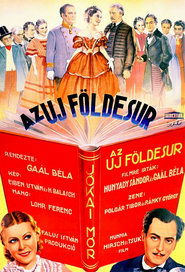 Az Uj Foldesur The New Squire...
Az Uj Foldesur The New Squire...The New Landlord 1935
Az Uj Foldesur (The New Squire) was based on a novel by popular Hungarian author Maurice Jokal, whose many works had previously been largely ignored. After the wars of 1848, a retired Austrian army officer "returns to the soil" as a gentleman farmer in Hungary in the 1850s. The old campaigner is the father of two daughters: One of the girls comes to a sad end thanks to the malfeasances of a handsome spy, but the other has a happier fate when she falls in love with a Hungarian POW. The underlying theme is brotherhood, as the formerly warring Austrians and Hungarians at last find a common ground. Az Uj Foldesur was nearly twice as expensive as the average Hungarian film -- but at $40,000, its budget was a drop in the bucket compared to a typical Hollywood production.

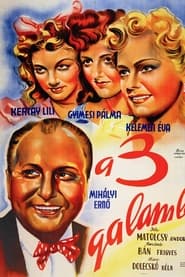

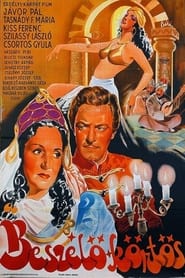
 When his new wife from a...
When his new wife from a... Venice Film Festival 1940
Venice Film Festival 1940 How did a beautiful American divorcee...
How did a beautiful American divorcee...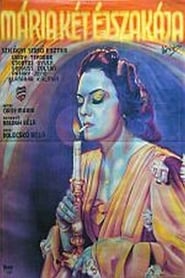
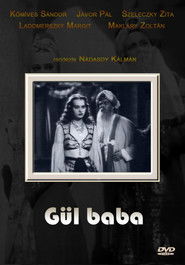 Venice Film Festival 1940
Venice Film Festival 1940